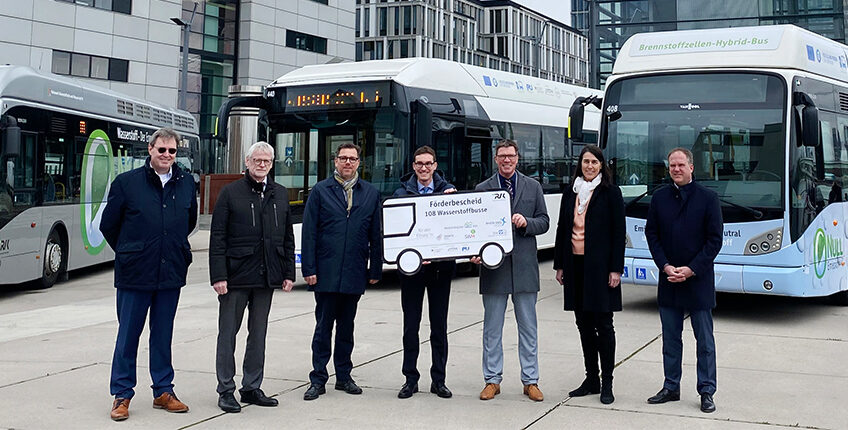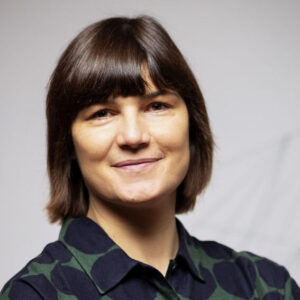Thanks to funding support from the Federal Ministry for Digital and Transport (BMDV), Cologne’s Regionalverkehr Köln GmbH (RVK)public transport authority will receive 108 fuel cell hybrid buses that will be added to the company’s fleet by 2025. With a total of 160 hydrogen-powered buses, the fleet, which is already the largest in Europe, will be further expanded.
The RVK, which has its administrative headquarters in Cologne, provides its services in the surrounding areas of Cologne and Bonn. The RVK has already been testing buses with hydrogen fuel cell drives since 2011 and has been operating them in regular services since 2020. The current procurement project with 108 buses is the largest to date for RVK and is funded under the Bus/Rail funding guideline of the Federal Ministry of Digital and Transport (BMDV), coordinated by NOW and implemented by the Project Management Jülich (PtJ). The total funding volume being allocated amounts to 33,888,000.00 euros.
160 fuel cell buses by 2025
In the first procurement phase, RVK will now purchase 79 hydrogen-powered solo buses, and in the second phase 29 hydrogen-powered articulated buses. The first deliveries will take place in December 2022. By 2025, all 108 buses are to be in use, increasing RVK’s hydrogen bus fleet to 160 vehicles – which is already the largest in Europe.
Immense potential for emission-free public transport
Hydrogen-powered fuel cell hybrid buses stand out in many respects: They produce hardly any local emissions. Besides the greatly reduced level of noise emissions, this also means there are no NOx and CO2 emissions. With the 108 new hydrogen-powered buses, 9.96 tonnes of NOx emissions and 5,777.45 tonnes of CO2 will be saved or avoided by 2025. The hydrogen buses also impress in terms of their operational efficiency, especially in regional transport with their very good range as well as their fundamentally short refuelling time, which is comparable to that of a diesel bus.
RVK Managing Director Dr. Marcel Frank: “With a total of 160 fuel cell buses, we will soon be able to offer emission-free public transport for a large part of our transport area. It makes a big difference to operate selectively or to be able to plan a sensible, comprehensive infrastructure. Our sincere thanks go to the federal ministry for this.”
Image source: RVK


